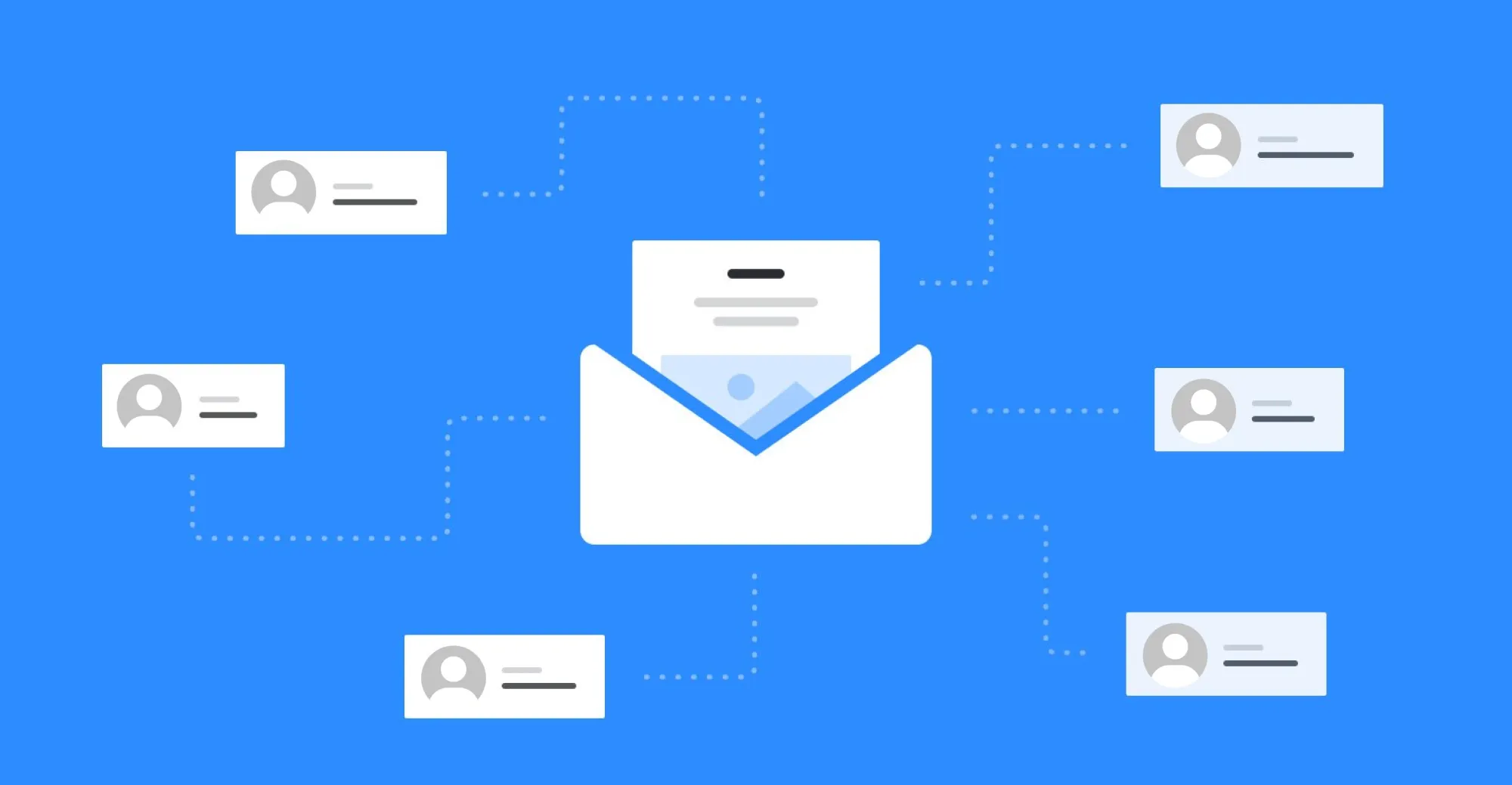In today's digital age, email has become a vital communication tool for individuals and businesses. However, ensuring the privacy and security of your emails is of utmost importance, especially considering the increasing risk of data breaches and unauthorized access to sensitive information. To address these concerns, various secure email providers have emerged, offering robust encryption and advanced security features. In this article, we will explore the most private email providers available and help you make an informed decision to protect your confidential information.
Factors to Consider for Privacy in Email Services

When assessing the privacy level of an email service, several factors should be taken into account. These include:
1. End-to-End Encryption
End-to-end encryption is a crucial feature that ensures only the sender and intended recipient can access the content of an email. This means that even if intercepted, the email remains unreadable to unauthorized individuals or entities. Look for email providers that employ strong encryption protocols, such as PGP (Pretty Good Privacy) or S/MIME (Secure/Multipurpose Internet Mail Extensions), to secure your messages.
2. Zero-Knowledge Architecture
A zero-knowledge architecture ensures that only the email account owner has access to the decryption keys required to read the emails. With this approach, even if the email provider is compelled to disclose data, they cannot decrypt and access the contents of the emails due to the lack of access to the encryption keys.
3. Data Storage and Retention Policies
Review the email provider's data storage and retention policies. Ideally, opt for services that store your data in highly secure servers and have strict policies in place to limit data retention or automatically delete emails after a specified period.
4. Jurisdiction and Legal Considerations
Consider the jurisdiction in which the email provider operates. Some countries have more stringent privacy laws and regulations than others. Choosing an email service based in a jurisdiction with strong privacy protection can provide an additional layer of security for your emails.
5. Two-Factor Authentication (2FA)
Enable two-factor authentication for your email account whenever possible. This adds an extra layer of security by requiring a secondary verification step, such as a unique code sent to your mobile device, in addition to your password.
The Most Private Email Providers
Several secure email providers are known for their commitment to privacy and robust security measures. Here are some of the most private email providers available:
1. ProtonMail
ProtonMail is a highly regarded secure email provider known for its strong encryption and zero-knowledge architecture. It offers end-to-end encryption, automatic email expiration, and 2FA for enhanced security. ProtonMail operates under Swiss jurisdiction, known for its strong privacy laws.
2. Tutanota
Tutanota is another popular secure email provider that offers end-to-end encryption, zero-knowledge architecture, and a user-friendly interface. It is based in Germany and complies with stringent European data protection laws.
3. Posteo
Posteo is a German-based email provider known for its strong commitment to privacy and sustainability. It offers end-to-end encryption, anonymous account creation, and supports OpenPGP encryption standards.
4. Mailfence
Mailfence is a Belgian secure email provider that prioritizes user privacy. It offers end-to-end encryption, two-factor authentication, and various security features. Mailfence operates under Belgian jurisdiction, which has strict privacy laws.
5. CounterMail
CounterMail is a Swedish secure email provider that emphasizes strong encryption and privacy. It offers end-to-end encryption, diskless servers, and USB-key option for enhanced security. CounterMail operates under Swedish jurisdiction, known for its privacy-friendly environment.
Commonly Asked Questions
1. Are secure email providers completely immune to hacking or data breaches?
No email service can guarantee 100% immunity to hacking or data breaches. However, secure email providers implement robust security measures and encryption protocols to significantly reduce the risk. By choosing a reputable secure email provider and practicing good email security habits, you can minimize the chances of unauthorized access to your emails.
2. Can I migrate my existing email account to a secure email provider?
Yes, most secure email providers offer migration options to transfer your existing emails and contacts to their platform. Check the provider's documentation or support resources for guidance on how to migrate your data seamlessly.
3. Are secure email providers suitable for personal and business use?
Yes, secure email providers cater to both personal and business users. They offer features like custom domains, secure collaboration, and additional storage options to meet the needs of individuals, small businesses, and enterprises.
4. Can I use secure email providers on mobile devices?
Yes, most secure email providers offer dedicated mobile apps or can be accessed through mobile browser interfaces. This allows you to access and send secure emails conveniently from your smartphone or tablet.
5. Are secure email providers free or paid?
Secure email providers usually offer both free and paid plans. Free plans often have limited storage and features, while paid plans provide additional benefits such as increased storage capacity, priority support, and advanced security features. Consider your specific needs and budget when choosing between free and paid options.
Conclusion
Choosing the most private email provider is crucial to safeguarding your sensitive information and ensuring maximum privacy in your email communication. By considering factors such as end-to-end encryption, zero-knowledge architecture, data storage policies, jurisdiction, and additional security features, you can select a secure email provider that aligns with your privacy requirements. Make an informed decision and enjoy secure and private email communication with confidence.



